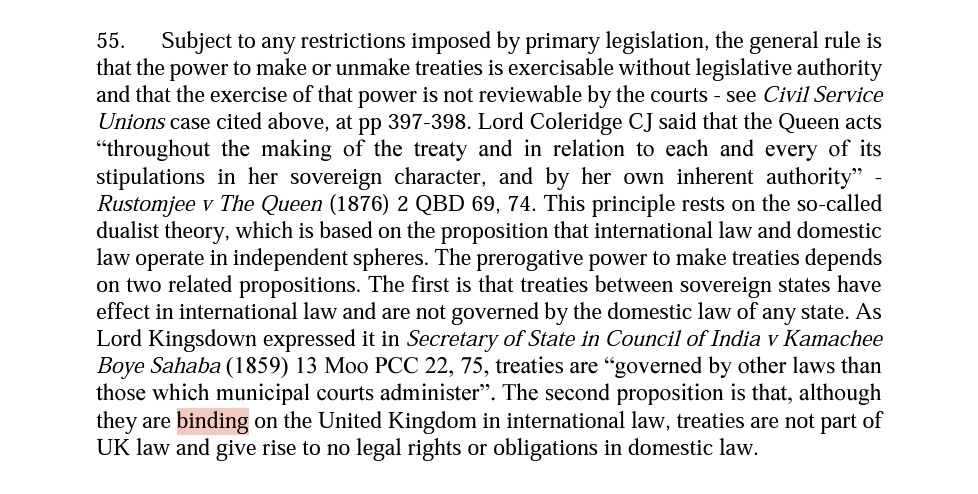
This action for damages against Frontex follows the action brought against it for failure to act (because it did not end its participation in alleged human rights breaches) back in May: curia.europa.eu/juris/document…
So EU courts can now clarify how much Frontex is legally accountable.
So EU courts can now clarify how much Frontex is legally accountable.
https://twitter.com/StatewatchEU/status/1450824134737350658
Note that an action for damages is subject to different standing rules than a failure to act claim. An action for damages needs to prove that an unlawful action by Frontex caused damage to the applicant. This unlawful action must also meet a threshold...>
...namely, it must be a sufficiently serious breach of a superior legal rule (presumably the EU Charter of Fundamental Rights, in this case).
Frontex might argue that it is only assisting national authorities with expulsions etc, so cannot be liable.
Frontex might argue that it is only assisting national authorities with expulsions etc, so cannot be liable.
The Frontex Regulation says that Member States are responsible for the merits of expulsion decisions. But Frontex has human rights obligations if it is involved with expulsion operations, plus a general non refoulement obligation. 



There's an obscure and convoluted line of case law on the possibility of EU bodies and national authorities being *jointly* liable in damages where the threshold is met. It's possible that this case law might be relevant here.
• • •
Missing some Tweet in this thread? You can try to
force a refresh







